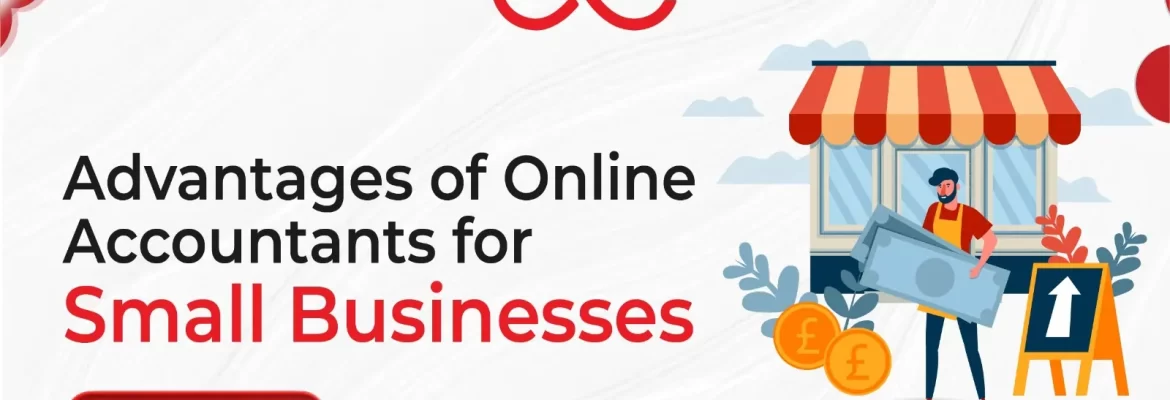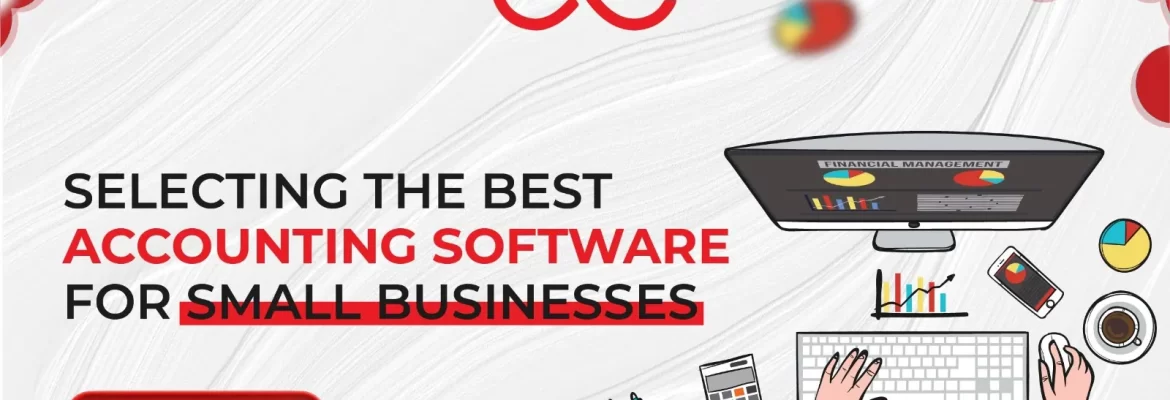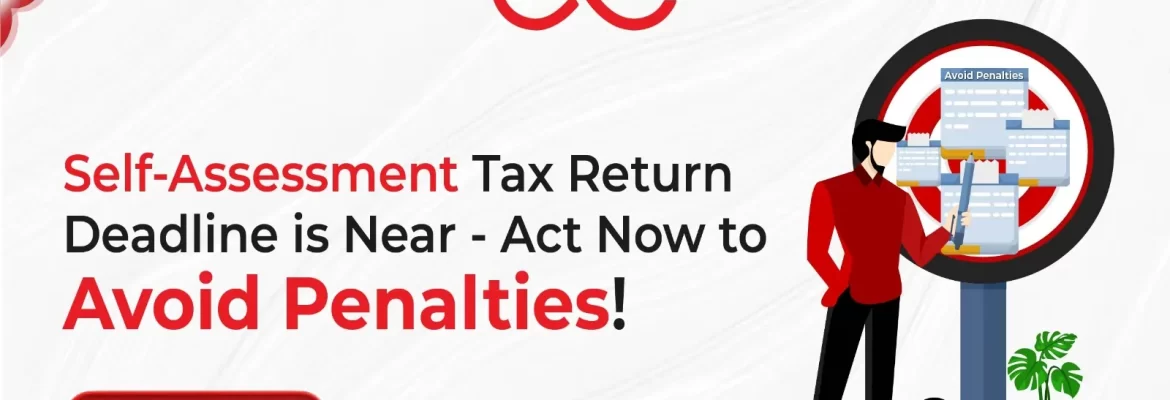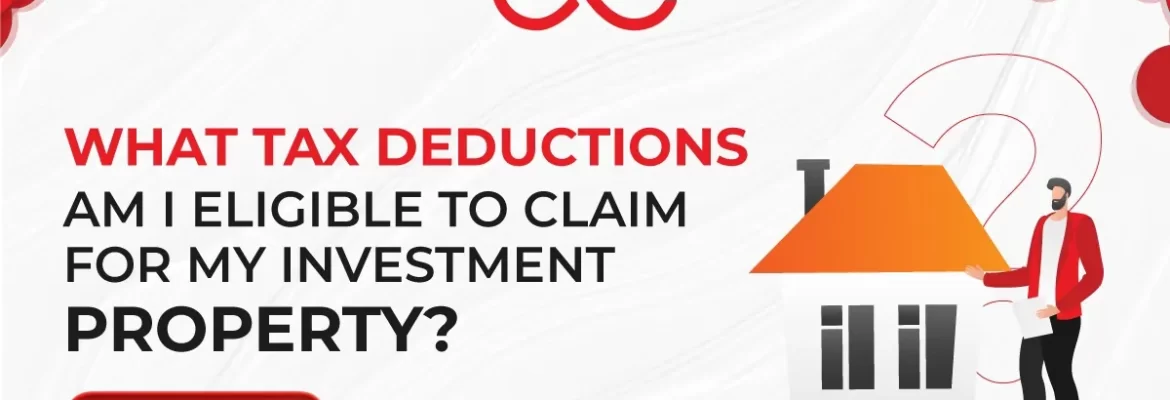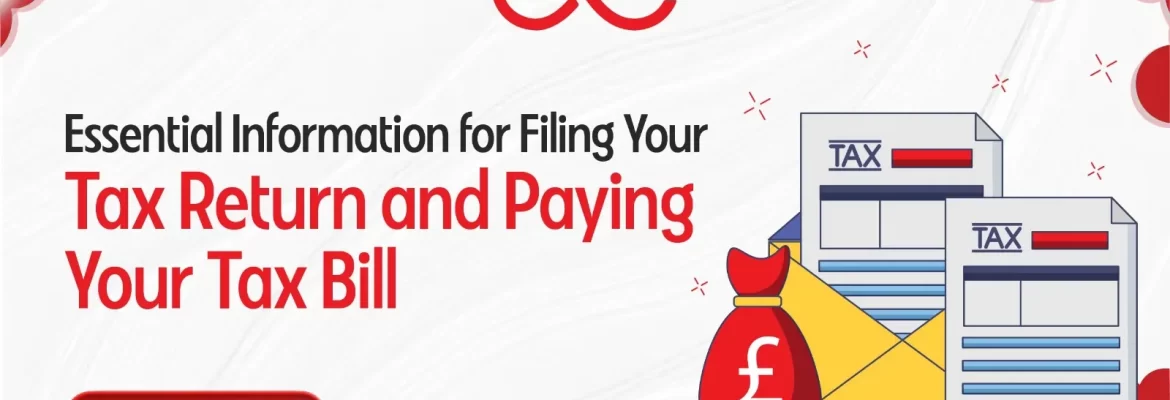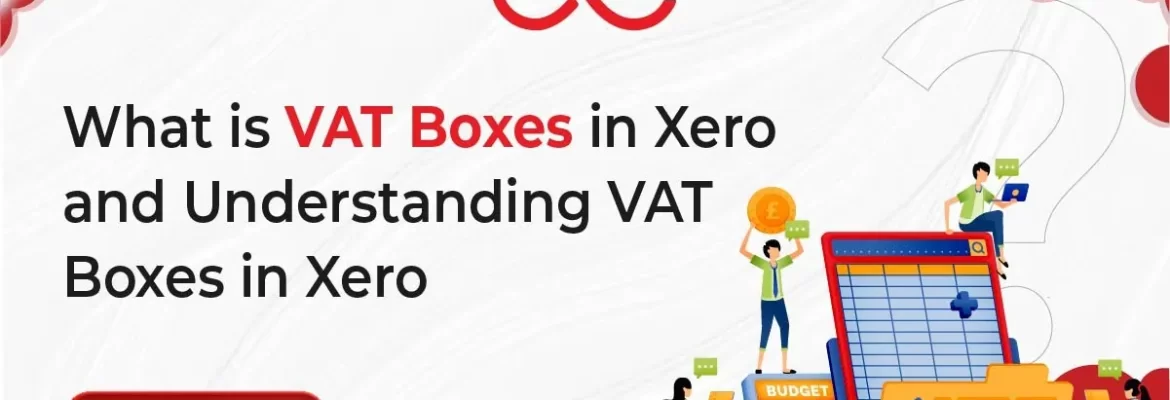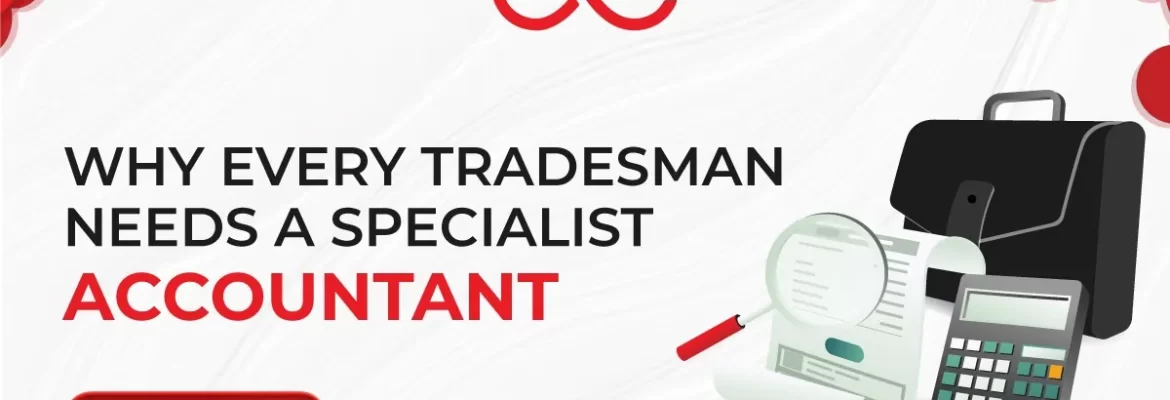The digital revolution affected every societal aspect during the last few years as most self-employed people were born after the pre-digital era. The development of internet systems, mobile devices and cloud technology provides worldwide access to digital content at all times. Digitalisation has become mainstream throughout nearly all product and services sectors including learning institutions […]

